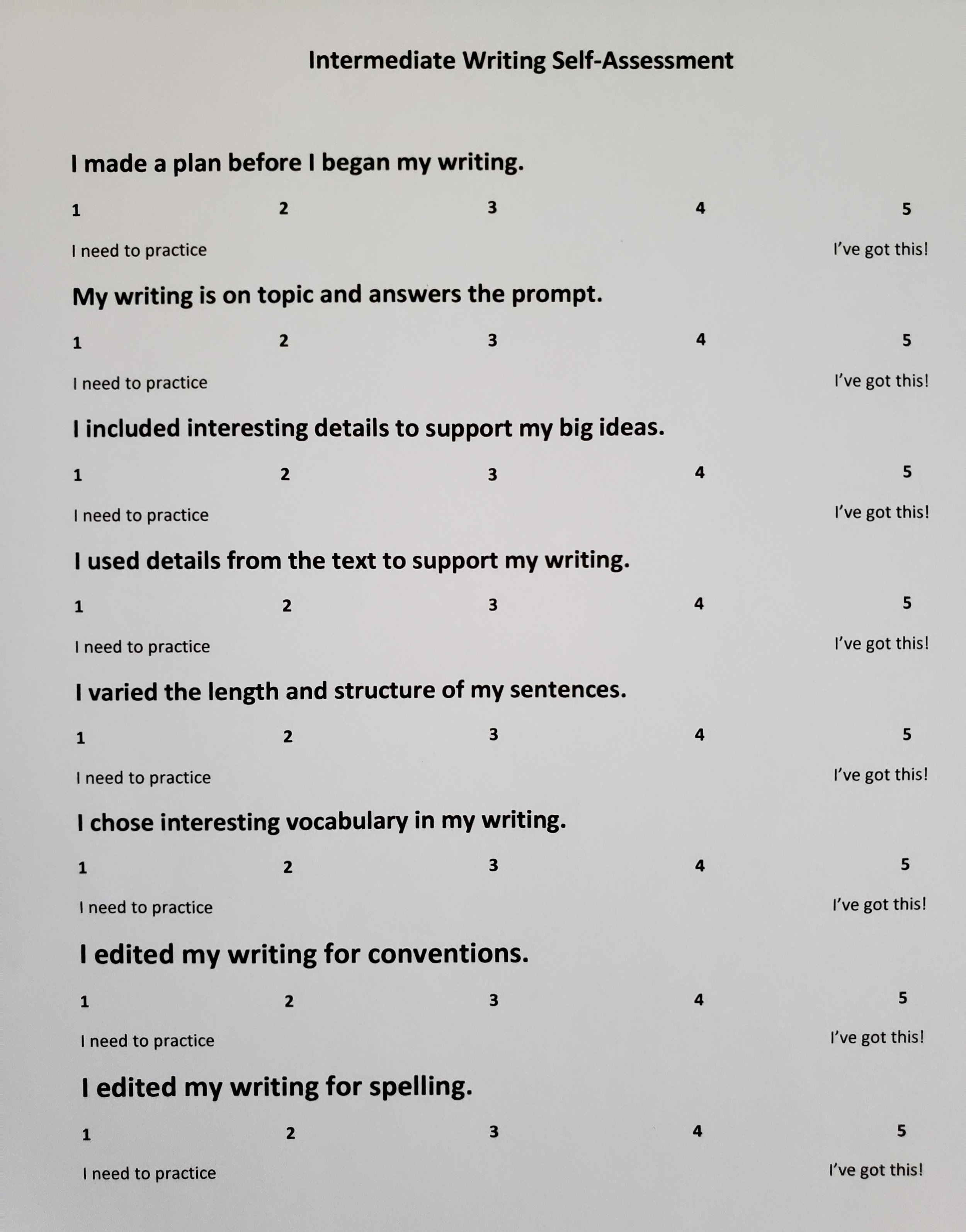Research is formalized curiosity. It is poking and prying with a purpose.
Zora Neale Hurston
Spring is the season of research projects! Students have been learning writing skills all year, and it is time to put those skills to use. Unfortunately, research projects often turn into students either directly copying information they find online or simply writing a list of unconnected facts. Like all learning engagements, preplanning and structure helps guarantee student success!
Benefits of learning research skills abound. Researching a topic helps students learn valuable time management skills. Students need to structure their time in order to successfully complete the research. Individual research projects allow students to explore their personal interests, with choice being an integral research component. Finally, research can be easily differentiated. Based upon the choice of topics and resources, teachers can provide experiences based on students’ ability levels.
The following steps help ensure successful research projects:
Choosing a topic:
· The topic should be understandable to the student. Students cannot do research on sustainable energy sources if they do not understand the topic. Providing students background knowledge on a topic prior to assigning research helps guarantee success. Students must understand the necessary vocabulary before beginning research. For example, if primary students are researching an animal, they should understand terms such as habitat, adaptations, life cycle prior to beginning.
· The topic should be interesting to the students. Choice is an essential component of research. Allow students choice of a topic inside the larger concept. For example, after completing a unit on community helpers, primary students may choose one person/career to research in depth. On the completion of a unit on the American Revolution, students may choose to research one person who impacted the outcome of the war.
Narrow the topic:
· Students cannot learn everything about one topic. They need to focus on a few main points or areas. At Write Now – Right Now, we call these main points under a topic the Big Ideas. You may choose the big ideas for students to research, or students may be given a choice of two to three big ideas. Big ideas for research on community helpers might be: job responsibilities of the community helpers, tools needed to complete the job, impact of the community helper on the community. Big ideas for research on a person of the American Revolution might be: person’s background / motivation, person’s actions, impact of person’s actions.
· If students are choosing their own Big Ideas, have them ask themselves the following questions:
o Do my big ideas relate to my topic?
o Are my big ideas different from one another?
Find Sources:
· Time management is an important research skill. With the vast amount of information available, students can often get lost in the search for information. We often hear from students, “I’m still looking for an article!” It is often advantageous to provide students with a list of acceptable sources they can use, rather than just sending them out on the internet.
· Three questions to ask about sources are:
o Does the source contain relevant information?
o Is the source written at an appropriate level? Providing students lower level reading material when starting research helps them easily understand new concepts.
o Are the sources varied? Sources can be print-based, web-based and video based.
Teach Note-taking Skills:
· Note-taking is an invaluable skill for students to master. Prior to assigning research projects, provide extensive instruction on note-taking skills. Students must learn how to take notes to avoid copying sentences from the resources. They need to find key words and organize them on a writing plan. Taking notes on the same graphic organizer used for writing helps students organize their thoughts. Write Now – Right Now provides extensive lessons on this important skill.
· You will need to put a time limit on this process. Students should use the sources provided earlier to gather information and take notes. Students cannot spend so much time perusing sources that they do not find the important information.
Presenting the Information:
· We always have a writing component to our research projects. However, this is another opportunity to provide choice to students. Some ideas might be: written essay, notes for a speech, digital presentation such as google slides, captions and pictures, etc. Students must apply the writing skills they have learned all year to this project.
· It is common for students to want to spend more time on the presentation than researching the information. A recommendation is to require students complete their notes prior to beginning any presentation.
Evaluation:
· Students will have spent many hours on their research. At the completion of the research, provide students time to reflect on this process. Asking specific questions will help guide students’ reflections. For example:
Was your topic interesting to you? Give a specific example.
What did you find difficult about finding sources?
What advice can you give someone about searching for sources?
What did you enjoy most about this research?
How might I change this project for next year’s students?
Research projects are a great way to engage students in their learning. They can research either a topic they are passionate about or a topic about which they would like to learn more. Either way, the end of the year is a perfect time to research topics and integrate all the writing skills acquired throughout the year.



